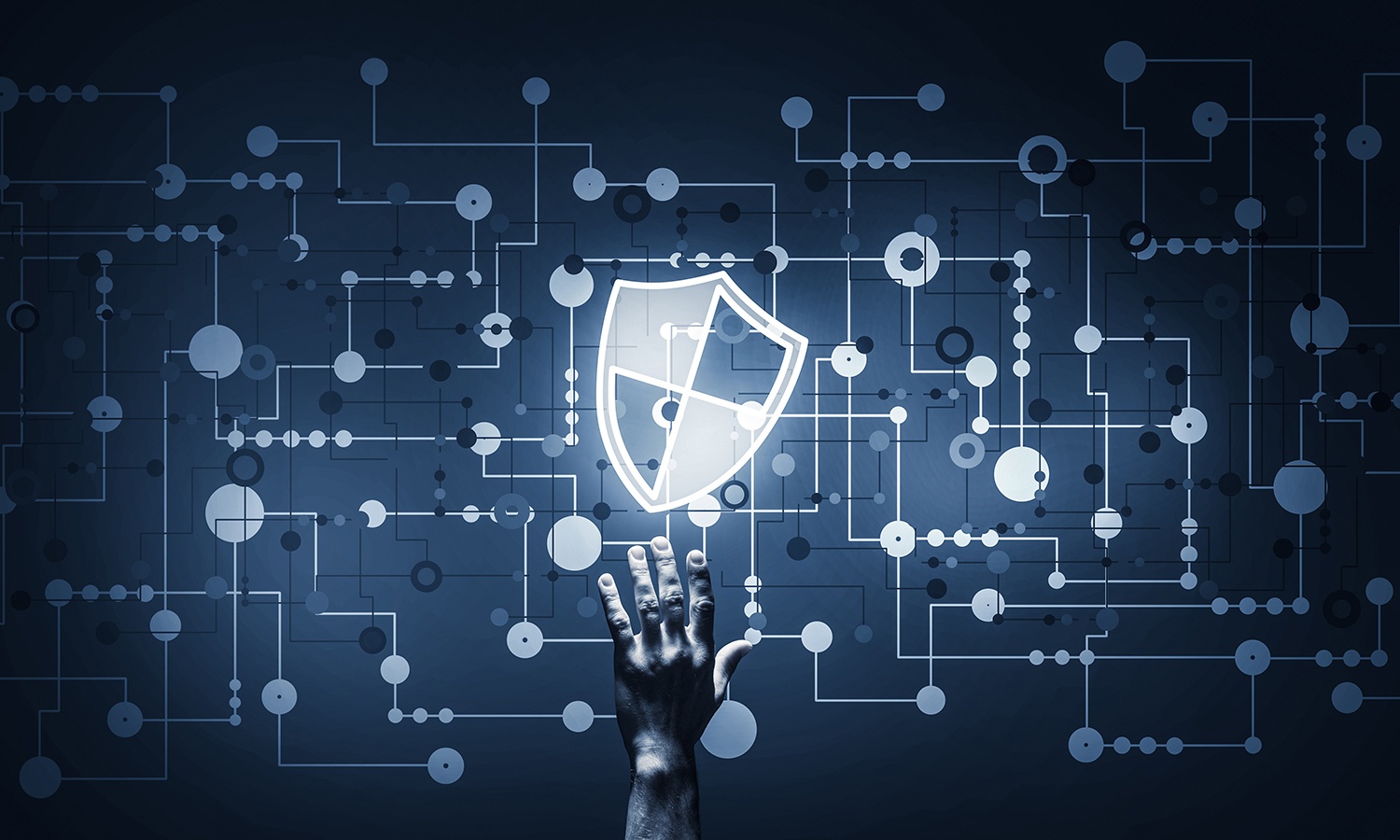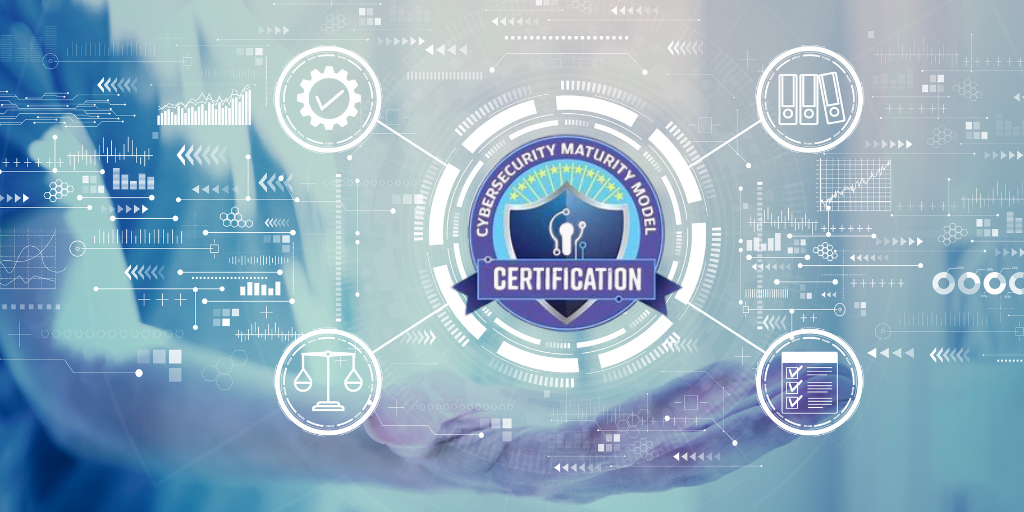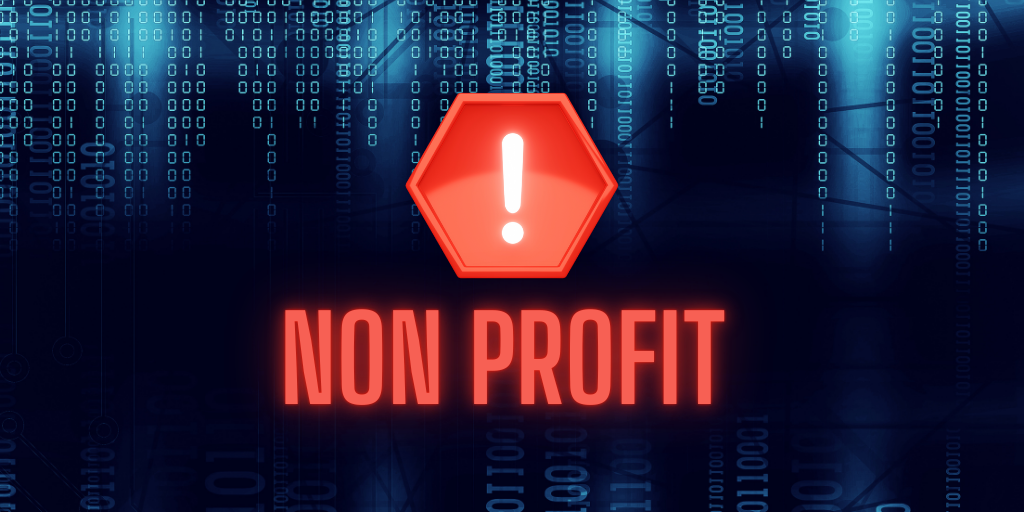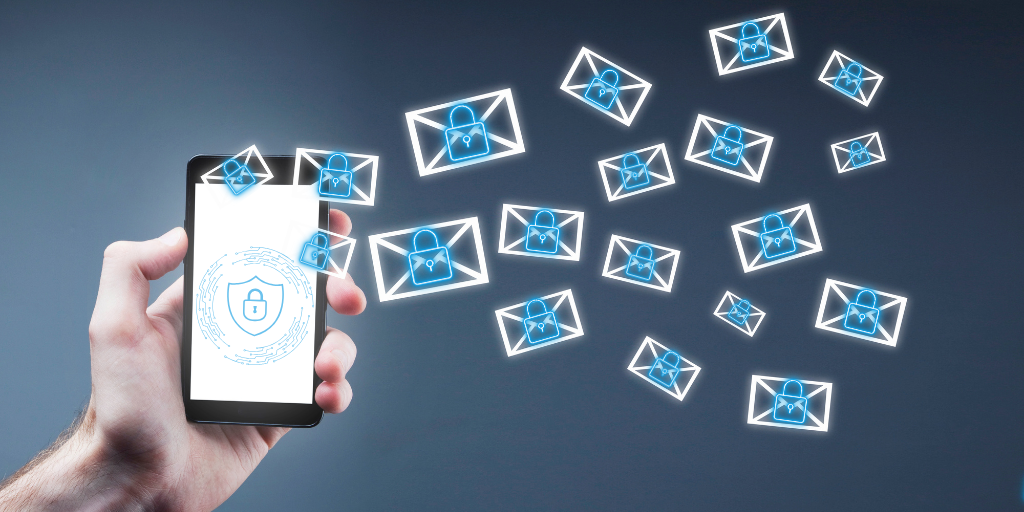Addressing CMMC Compliance Gaps for Small Businesses
Navigating the complex landscape of CMMC compliance can be a daunting task for small businesses, but with the right strategies, achieving and...
2 min read
.jpeg) Michael Markulec
:
Oct 23, 2023 12:41:47 PM
Michael Markulec
:
Oct 23, 2023 12:41:47 PM

Cybersecurity is more critical than ever in a world where technology permeates every aspect of our lives. The importance of online safety cannot be overstated. Cybersecurity Awareness Month reminds us to be more vigilant and proactive in protecting our digital lives. But where do you start, and how can everyday people like you and me stay secure in this digital age? Let's explore fundamental principles and best practices to fortify your digital fortress.
The National Institute of Standards and Technology (NIST) plays a pivotal role in shaping cybersecurity best practices. NIST's Cybersecurity Framework provides a structured approach to managing and reducing cybersecurity risks.
This step involves recognizing what you need to protect, assessing the risks, and understanding your weaknesses. For everyday users, this means identifying your sensitive information, devices, and online accounts.
You should secure your digital presence just as you lock your doors to prevent unauthorized entry. Use strong, unique passwords and enable multi-factor authentication (MFA) whenever possible. This will significantly enhance your protection against unauthorized access.
Awareness is the first line of defense. You can stay vigilant for unusual activities on your accounts, emails, and devices. Installing reputable antivirus software can help in detecting and mitigating threats.
Be prepared for the worst. If you suspect a security breach, have a plan in place for what to do next. This might involve reporting the incident, changing passwords, or contacting authorities if it's a severe cybercrime case.
After an incident, recovering and learning from the experience is essential. Please restore your digital life and make the necessary adjustments to prevent similar things in the future.
Now that we've outlined the framework let's explore how you can apply these principles to your everyday life.
Solid and Unique Passwords: Using the same password for multiple accounts is tempting, but this is a grave mistake. Instead, create strong, unique passwords for each account. Consider using a reputable password manager to keep track of them.
Multi-Factor Authentication (MFA): MFA adds an extra layer of security by requiring a second form of verification, such as a code sent to your phone. Whenever possible, you can enable MFA for your online accounts.
Update Software and Devices: Regularly update your operating system, apps, and antivirus software. Developers release updates to patch vulnerabilities that cybercriminals may exploit.
Beware of Phishing: Be cautious when clicking links or opening email attachments. Cybercriminals often use phishing emails to trick you into revealing personal information. Could you verify the source before taking any action?
Secure Your Home Network: Change your router's default username and password, and set a strong password for your Wi-Fi network. This prevents unauthorized access to your home network.
Limit Personal Information Online: Avoid oversharing personal information on social media. Cybercriminals can use your post information to craft convincing scams or target you more effectively.
Backup Your Data: Regularly back up important files to an external drive or a secure cloud service. You'll have a copy of your precious files in case of data loss due to cyberattacks or technical failures.
Be Cautious with Public Wi-Fi: Public Wi-Fi networks can be vulnerable. Avoid accessing sensitive information or making online transactions on unsecured networks. Use a VPN (Virtual Private Network) for added security if necessary.
Cybersecurity Awareness Month is an annual reminder to take our digital security seriously. NIST's Cybersecurity Framework provides a structured approach to understanding and managing cyber threats, and it's equally applicable to everyday users. You can significantly enhance your online security by adopting basic cybersecurity practices, like strong passwords, multi-factor authentication, and regular updates. In today's digital world, being proactive in safeguarding your online presence is essential. Stay safe, stay informed, and enjoy the benefits of technology with confidence.

Navigating the complex landscape of CMMC compliance can be a daunting task for small businesses, but with the right strategies, achieving and...

In an increasingly digital world, non-profits are prime targets for cyber threats. You can just discover how a Virtual CISO can protect your...

Small businesses must prioritize secure messaging to protect sensitive information and maintain customer trust.